Meet our awardees
After a thorough reviewing process, we are delighted to announce the following projects that have been awarded.
Circular Hybrid Electrolyser Platform for Green Hydrogen Production from Food-Waste-Derived Bioethanol
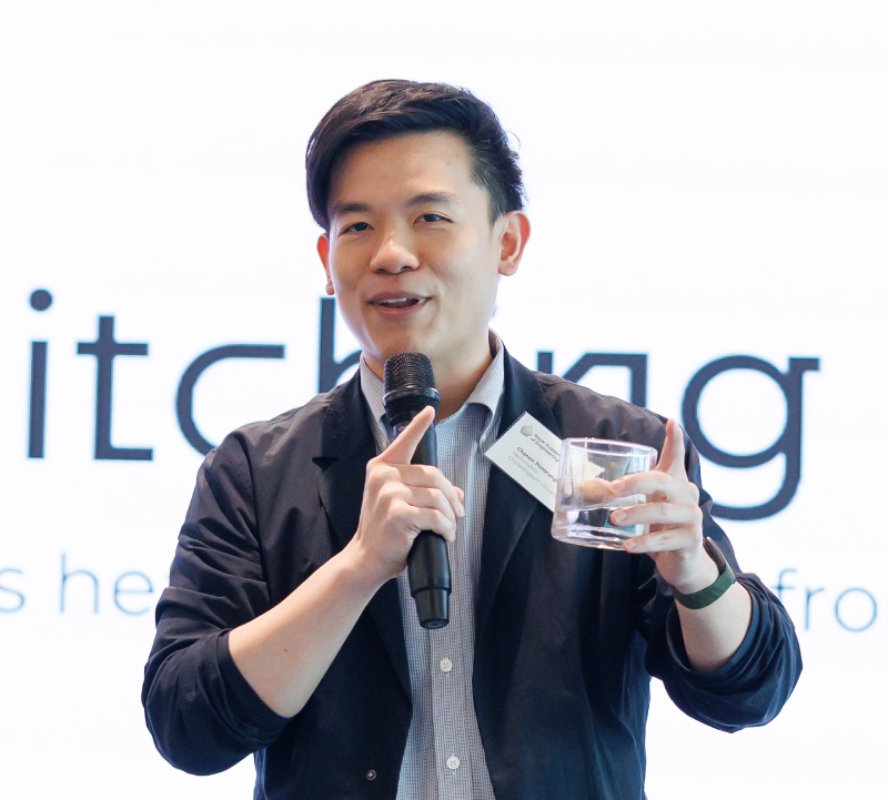
Dr Chanon Pornrungroj, Chulalongkorn University
Co-applicants and collaborators:
- Professor Anongnat Somwangthanaroj, Chulalongkorn University
- Rongrong Cheacharoen, Chulalongkorn University
- Benjarat Bunterngsook, National Center for Genetic Engineering and Biotechnology
- Dr Phaninee Naruetharadhol, Khon Kaen University
- Soorathep Kheawhom, Chulalongkorn University
- Dr Shafeer Kalathil, Northumbria University
- Puttakhun Meemai, PTT Oil and Retail Business Public Company Limited
Green hydrogen is a cornerstone of the global energy transition, yet conventional water electrolysis remains cost-prohibitive, mainly due to the high electricity demand of the oxygen evolution reaction. The goal of this project is to develop a circular, hybrid electrolyser platform for food-waste-derived bioethanol, a versatile and readily fermentable feedstock. The project will integrate biological fermentation with electrochemical conversion to produce green hydrogen and green chemicals, while conducting supply chain mapping, techno-economic assessments, and life-cycle analyses.
Turning Food Waste into Renewable Energy: A Sustainable Community-Scale Solution
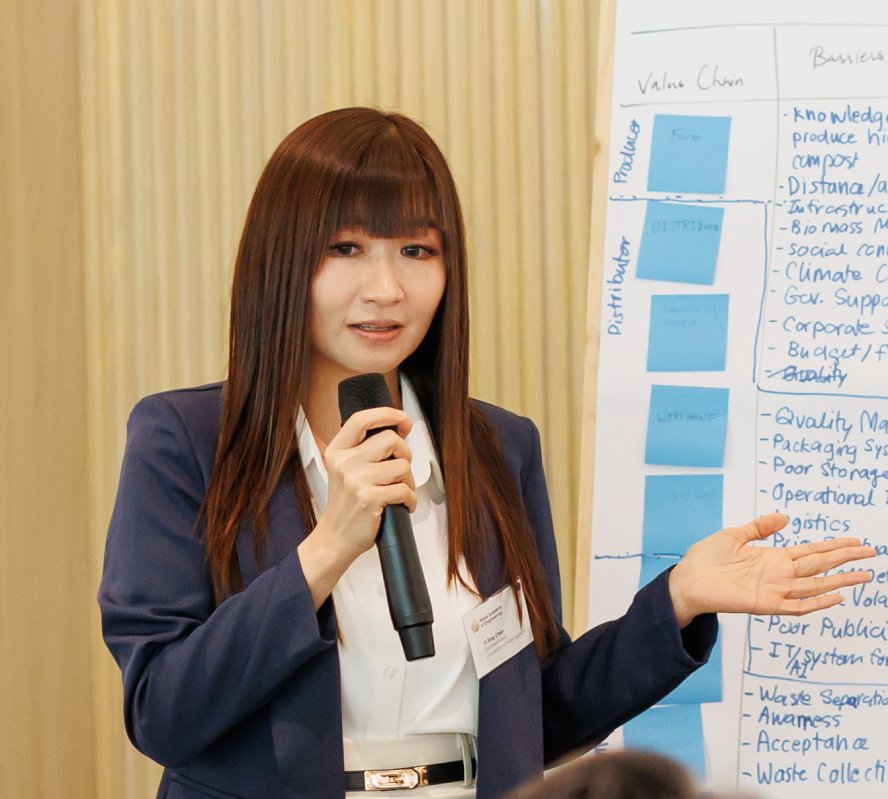
Dr Yi Jing Chan, University of Nottingham Malaysia
Co-applicants and collaborators:
- Dr Abhisit Bhatsada, Mahidol University
- Dr Chia Chay Tay, Universiti Teknologi MARA
- Dr Benjarat Bunterngsook, National Center for Genetic Engineering and Biotechnology
- Dr Tantawan Pirak, Kasetsart University
- Dr Parimala Shivaprasad, University of Nottingham
In Malaysia, approximately 8.3 million metric tons of food waste are generated annually, while Thailand produces around 9.7 million metric tons. A significant portion of this waste is oily in nature, which poses challenges for conventional biogas systems. This project brings together researchers from Malaysia, Thailand, and the UK to carry out laboratory studies on oily food waste to generate essential technical data for designing a modular, small-scale biogas unit tailored for oily food waste. This unit will be decentralised and low-cost, allowing communities and small enterprises to turn waste into clean energy while creating new income opportunities.
Black Soldier Farming - a Scalable Business Case for Bangladesh Waste Workers
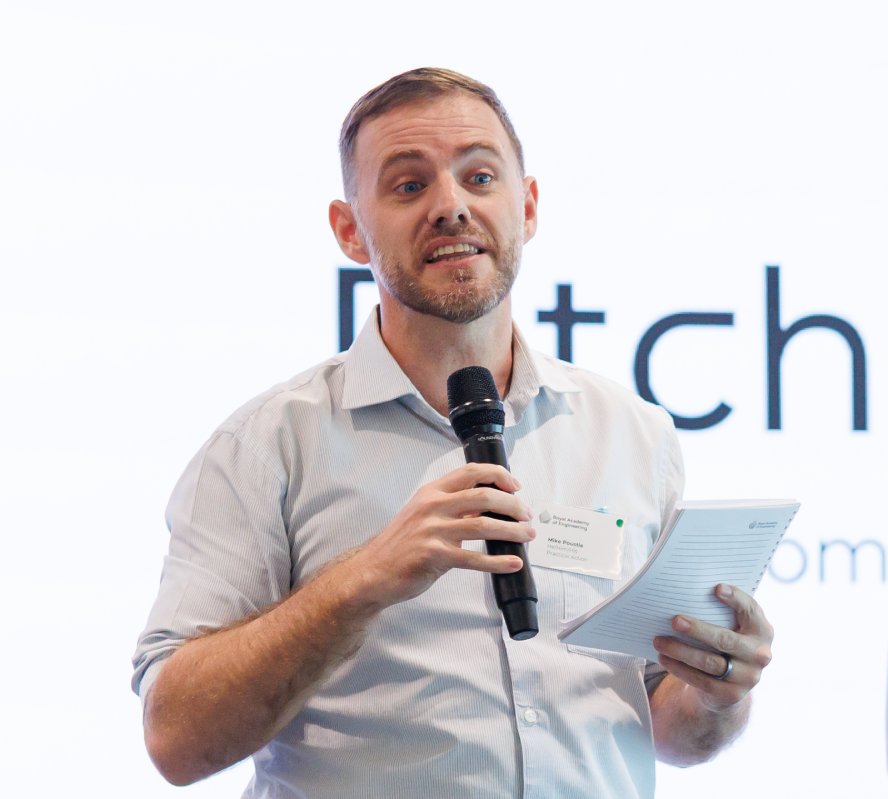
Dr Mike Poustie, Practical Action
Co-applicants and collaborators:
- Zoe Lenkiewicz, Global Waste Lab
- Dellwer Hossain, Practical Action
Organic waste from kitchens, restaurants and markets currently ends up being dumped in the environment or at waste dumpsites where its decomposition generates methane gas – a potent greenhouse gas and a contributor to dumpsite fires. This project will utilise this waste stream as a resource for the farming of Black Soldier Fly Larvae (BSFL), which is a high-protein, high-fat alternative to commercial animal feed for poultry and fish farming businesses in Bangladesh. This project will support waste and sanitation workers, who are already involved in waste management, to receive training and operate as entrepreneurs in BSFL farming.
Eco-friendly Decorative Tiles from Textile Waste, Incorporating Sustainable Binders and Assessment of the Environmental Impact
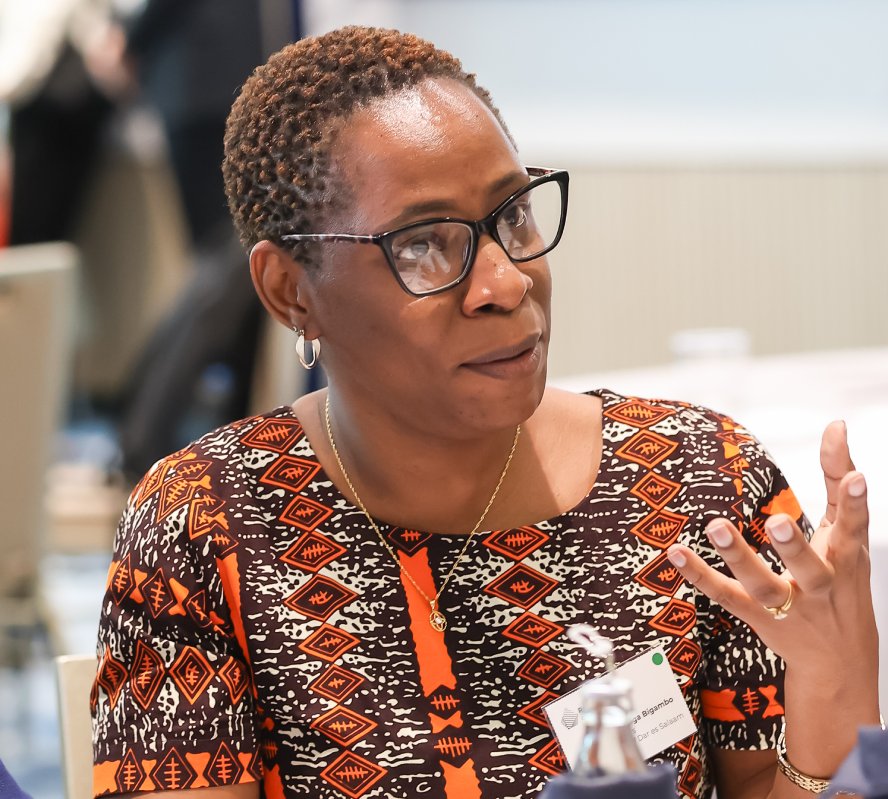
Dr Pendo Nandiga Bigambo, University of Dar es Salaam
Co-applicants and collaborators:
- Dr Bambesiwe May, Stellenbosch University
- Dr Ekael Mbise, University of Dar es Salaam
- Dr Jacob Lutta, University of Dar es Salaam
The global textile industry generates over 92 million tonnes of solid waste annually and currently ranks as the 2nd most polluting industry after oil. The proposed project aims to address the challenge by transforming textile waste, currently disposed of in landfills or incinerated, into value-added products for use as decorative tiles. This project builds on the successful development of prototype tiles from recycled textile waste and proposes shifting from synthetic to eco-friendly binders. Through this phase, optimal combinations of textile waste with natural or bio-based binders will be developed.
Community-Oriented Management of Plant Organics for Socio-ecological Sustainability and Transformation (COMPOST)
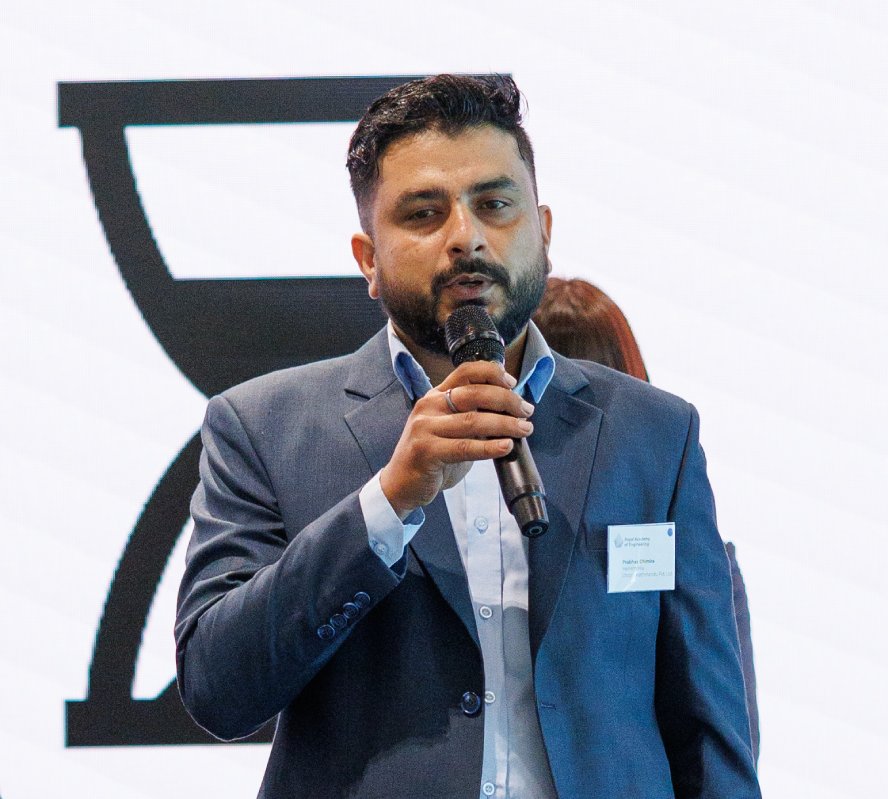
Prabhas Ghimire, Utopia Kathmandu
Co-applicants and collaborators:
- Dr Nabin Dhungana, WWF Nepal
- Amod Karmacharya, Bhoomithan Nepal
Nepal’s forests produce 14.8 million tonnes of leaf litter annually. Unmanaged litter fuels wildfires, slows nutrient cycling, and contributes to air pollution through burning. This project develops a circular economy model to transform leaf litter into compost, creating a scalable forest-based enterprises tailored to Nepal’s context. Through collaboration with the government of Nepal, Divisional Forest Office, University and Community Forest User Groups, it advances contextually appropriate composting technologies and enterprises, trains and strengthens the capacities of the Community Forest User Groups and raises awareness of litter management opportunities.
BioTransform: A Pilot Model for Waste Valorization for Small-Scale Kenyan Farmers to Enhance Energy Production, Soil Health, and Sustainable Agriculture
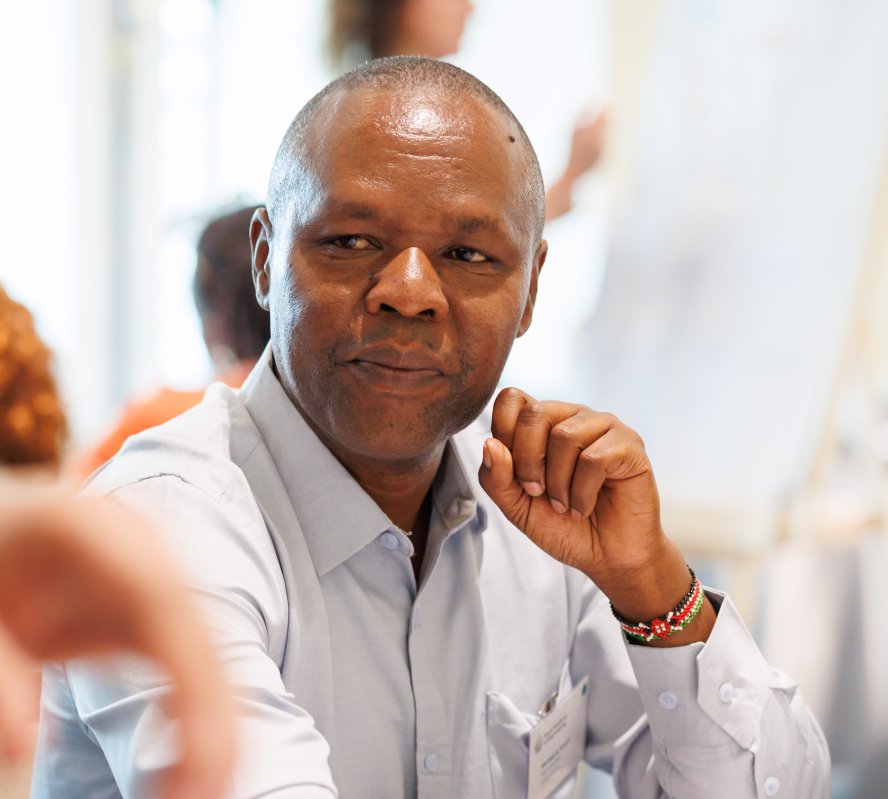
Michael Koech, Envirosec
Co-applicants and collaborators:
- Pendo Nandiga Bigambo, University of Dar es Salaam
- Gloria Chebet, Pristim Supplies Limited
- Parimala Shivaprasad, Nottingham University
- Lydia Komen, Norken International Ltd
- Sarah Njau, GFS East Africa Limited
Agriculture is the backbone of Kenya’s economy, with smallholder farmers in Kericho and Bomet Counties relying heavily on dairy and crop production. This proposal aims to transform farm waste into valuable resources through household/farm biogas and composting pilot projects. By converting organic waste into biogas for energy and compost for soil enrichment, the initiative improves farm productivity, reduces greenhouse gas emissions, reduces waste, and creates new income streams.
Piloting a Sustainable Pathway for Biomass Valorisation: Prospects for Turning Water Hyacinth into High-value Eco-paper
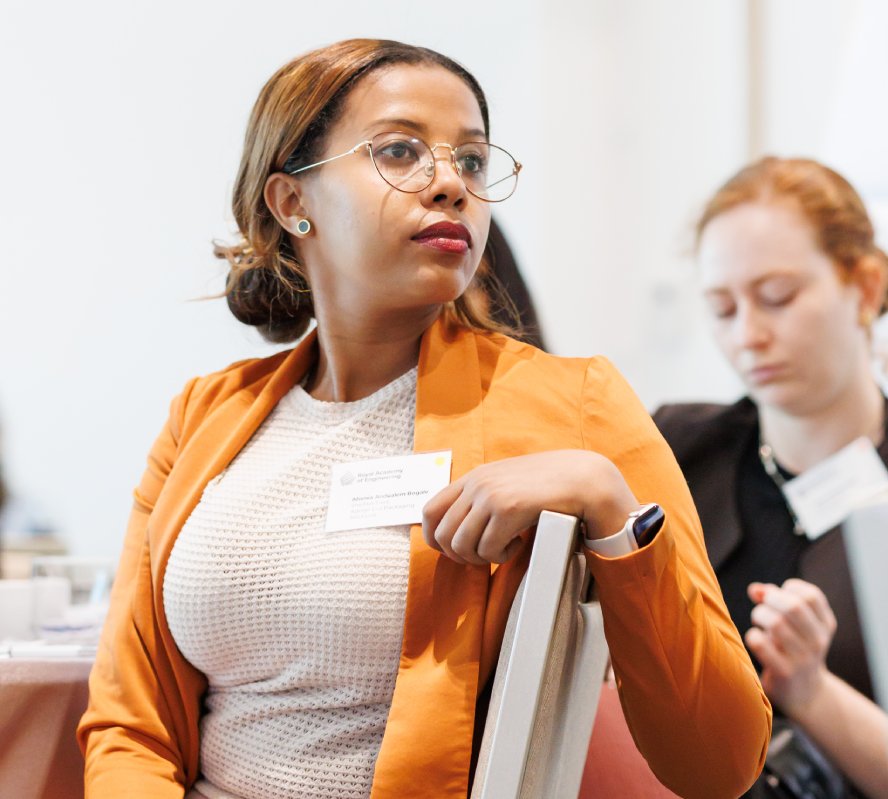
Afomia Andualem, Agelgil Eco Packaging solutions
Co-applicants and collaborators:
- Dr Bambesiwe May, Stellenbosch University
- Professor Luvuyo Tyhoda, Stellenbosch University
- Dr Kenwinn Wiener, Stellenbosch University
Water hyacinth is considered Africa’s most aggressive aquatic invader, infesting waterways, undermining ecosystems, and draining local economies. This project aims to complement conventional eradication strategies by piloting a circular solution that converts raw post-harvest biomass into high-value eco-paper, reducing unmanaged environmental risks while creating value. The project is led by Angélil Eco-packaging, an Ethiopian company that has demonstrated success in transforming water hyacinth into commercial paper products. In partnership with Stellenbosch University, the initiative will transfer paper-making know-how to South Africa and test the feasibility of this approach at a laboratory scale.

